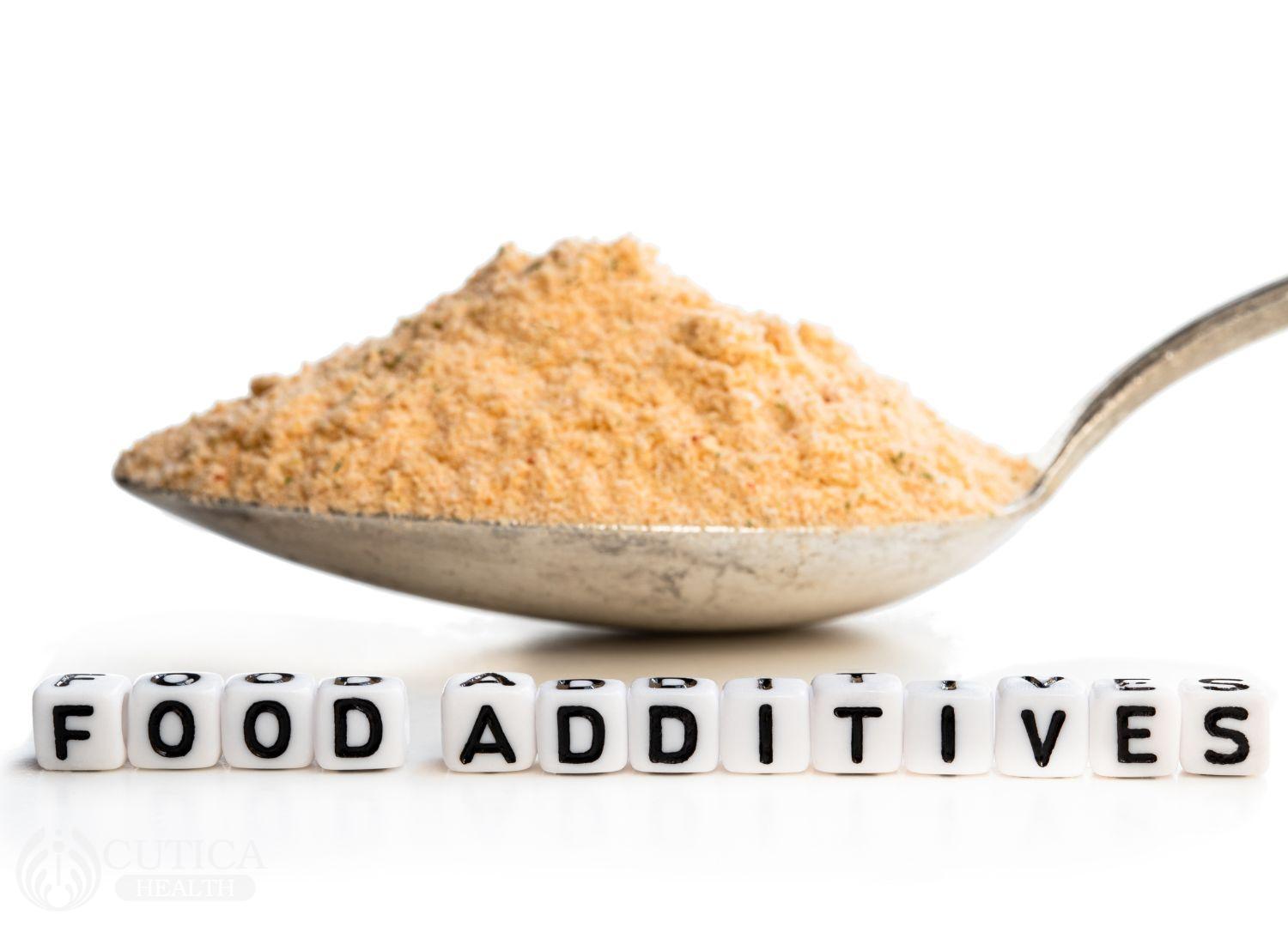Sophie is a 40-year-old mother of two diagnosed with breast cancer last year. She was health-conscious and always ensured her family consumed nutritious food. Sophie was devastated by the news of her diagnosis and couldn't understand how this happened. She had always tried to avoid consuming junk food and other unhealthy foods. However, she didn't know that several food chemicals are known to cause cancer.
What are Food Chemicals?
Food chemicals are substances added to food to improve its taste, texture, color, and shelf life. They include additives, preservatives, flavor enhancers, and artificial sweeteners. Today's most common food chemicals include BHA, nitrates and nitrites.
The Link between Food Chemicals and Cancer
Several studies have shown a direct link between food chemicals and cancer. These chemicals can cause genetic mutations, disrupt hormone production, and damage cells, leading to cancer.
BHA
BHA (butylated hydroxyanisole) is a food preservative in food processing. It is used to prevent fats and oils in food from going stale. However, studies have shown that the preservative can cause cancer in laboratory animals. The International Agency for Research on Cancer (IARC) has classified BHA as a possible human carcinogen.

Nitrates
Nitrates are another preservative commonly used in processed meats, such as hot dogs, bacon, and sausages. They are used to give meat products a pink color and prevent bacteria growth; however, when heated, nitrates can form nitrosamines, which are have been associated with cancer risk.
Artificial Sweeteners
Artificial sweeteners such as aspartame, saccharin, and sucralose are commonly used as sugar substitutes. They are often used in "diet" or "low-calorie" foods and drinks. While they may seem like a healthy alternative to sugar, studies have shown they can cause cancer in laboratory animals. However, the evidence in humans is still inconclusive.
Pesticides
Pesticides are chemicals used to kill insects, weeds, and other pests. They are commonly used in farming to increase crop yields. However, pesticides can also be found in fruits and vegetables, even after they have been washed. Studies have shown that exposure to pesticides can increase the risk of cancer.
What Can You Do?
While it's impossible to avoid food chemicals altogether, there are several steps you can take to reduce your exposure.
- Read Food Labels: Be sure to read the labels of the foods you buy. Look for foods free from preservatives, additives, and artificial sweeteners.
- Eat Fresh Foods: Eat fresh fruits, vegetables, and whole grains. These foods are less likely to contain food chemicals.
- Choose Organic: Organic foods are grown without pesticides and other chemicals. Choosing organic foods can reduce your exposure to harmful chemicals.
- Cook at Home: Cooking at home allows you to control the ingredients in your food. You can choose to use fresh ingredients and avoid processed foods.
- Avoid Processed Meats: Processed meats such as hot dogs, bacon, and sausages contain nitrates. Choose fresh meats instead.
Conclusion
Sophie's story highlights the importance of being aware of the food we consume. While we can't eliminate all food chemicals from our diets, we can reduce our exposure. We can reduce our cancer risk by reading food labels, eating fresh foods, choosing organic, cooking at home, and avoiding processed meats.
It's also important to remember that cancer is a complex disease with many causes. While food chemicals may contribute to the development of cancer, there are also other risk factors such as genetics, lifestyle, and environmental factors.
It's essential to have a balanced diet and be mindful of the foods we consume. We should eat various nutrient-dense foods such as fruits, vegetables, whole grains, lean proteins, and healthy fats. This will help reduce cancer risk and improve our overall health and well-being.

In addition to making dietary changes, it's also essential to have regular health check-ups and cancer screenings. This can help to detect cancer early when it's more treatable.
Finally, it's important to remember that everyone's body is different, and what works for one person may not work for another. If you have concerns about your diet or cancer risk, you must talk to your doctor or a registered dietitian who can provide personalized advice and support.

